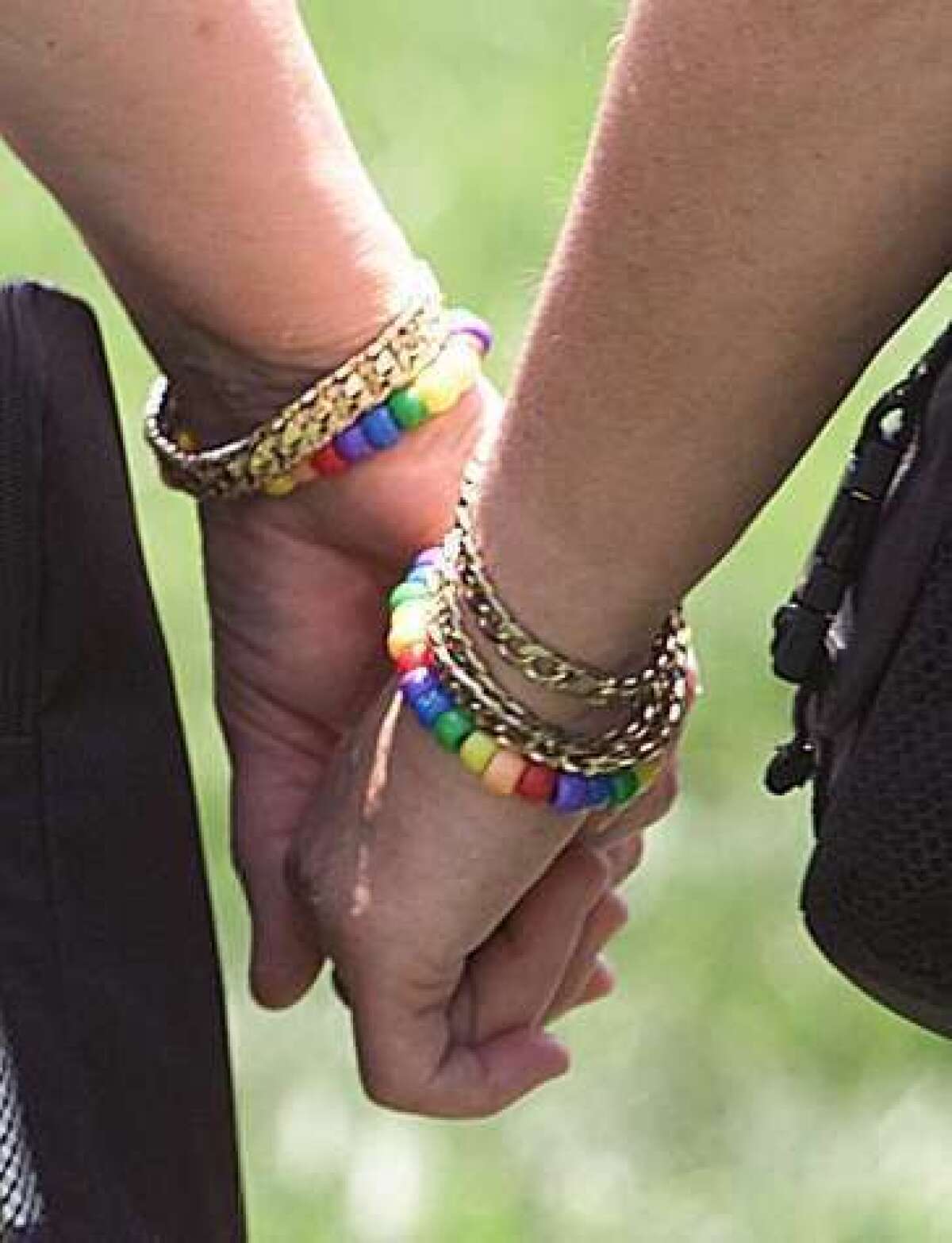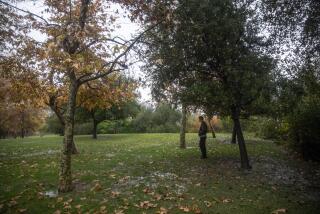Straight men more stressed, depressed than gay men, study says

A Canadian study on anxiety and sexual orientation suggests that heterosexual men suffer more depression and higher levels of stress than gay and bisexual men.
The study, published Monday in the journal Psychosomatic Medicine, involved 87 men and women in Montreal, and sought to determine whether gays, lesbians and bisexuals experienced reduced stress and anxiety after “coming out of the closet.”
Study subjects were asked to fill out diagnostic questionnaires for depression, anxiety and burnout. They were also subjected to blood, urine and saliva tests to gauge their level of cortisol, a stress hormone, and examined for other health indicators.
Authors said they were not surprised to find that homosexuals who had disclosed their sexual orientation to friends and family showed fewer signs of depression than those who had yet to come out. However, they said they did not anticipate that the overall systemic stress, or allostatic load, measured in straight men would exceed all groups.
“Interestingly and contrary to our hypothesis, gay and bisexual men had significantly lower depressive symptoms and allostatic load levels than heterosexual men,” wrote lead author Robert-Paul Juster, a neuroscientist at McGill University.
Heterosexual men registered a third higher on an index of allostatic load compared with gay and bisexual men. In contrast, lesbian and bisexual women ranked higher than heterosexual women on the index.
Noting that clinical indexes for stress include measures of body weight and fat, authors speculated that it was possible that gay and bisexual men focused more on maintaining thinness and muscularity than straight men.
They speculated also that gay and bisexual men may have developed better coping strategies than straight men.
“It has been proposed that certain kind of stigma-related stresses can produce adaptive behavioral responses that make individuals more resilient and effective at managing future stressors,” authors wrote.
The study was among the first to examine stress levels among gays who were out, and those who remained closeted. Study subjects were recruited through advertisements online, in posters and through word of mouth.
The average age of study participants was 25 years old. Transgender individuals were excluded because potential changes in sex hormones could have influenced their test results.
Study authors noted that their conclusions were limited by several factors.
The study sample was not only small, but it also included an unequal proportion of lesbians and bisexual men, relative to gay men and bisexual women.
Also, study authors said that Montreal’s liberal reputation and Canada’s progressive social policies might make the results unique to the region.
“It is possible that healthier and hardier lesbians, gays and bisexuals are more likely to partake in such studies than LBGs struggling with psychosocial, distress and difficulties self-identifying as sexual minorities,” authors wrote.
More to Read
Sign up for Essential California
The most important California stories and recommendations in your inbox every morning.
You may occasionally receive promotional content from the Los Angeles Times.









